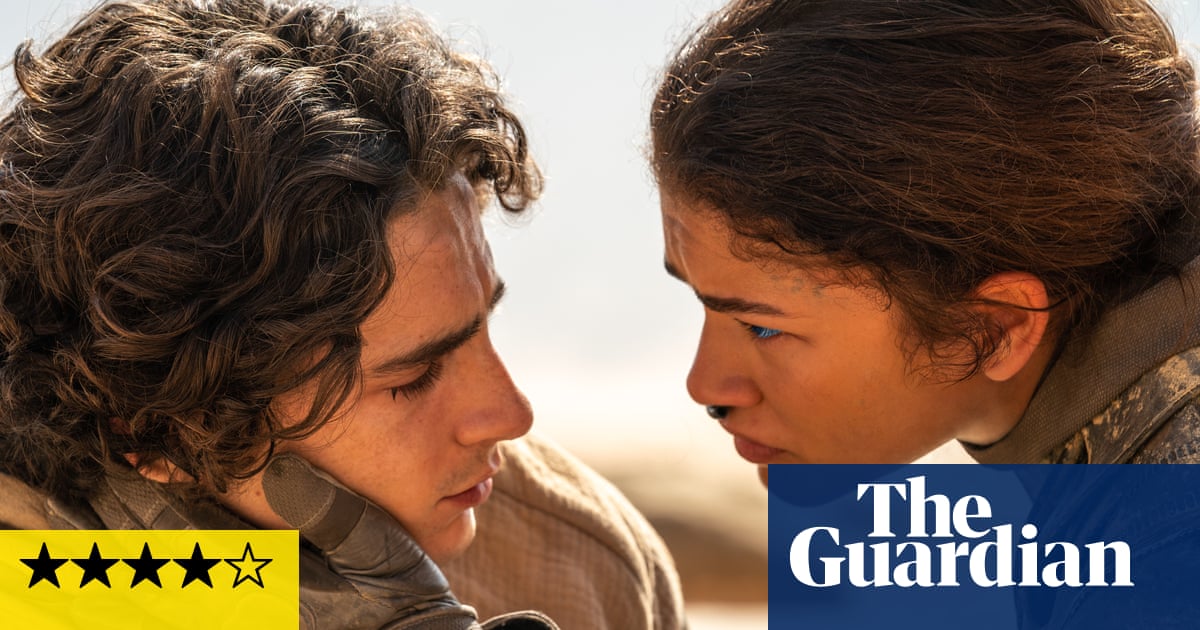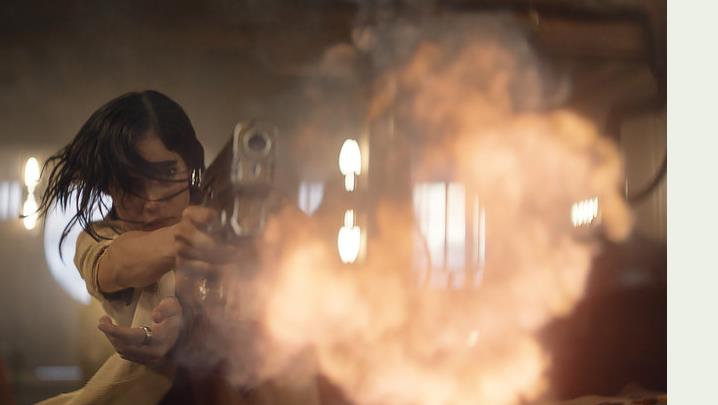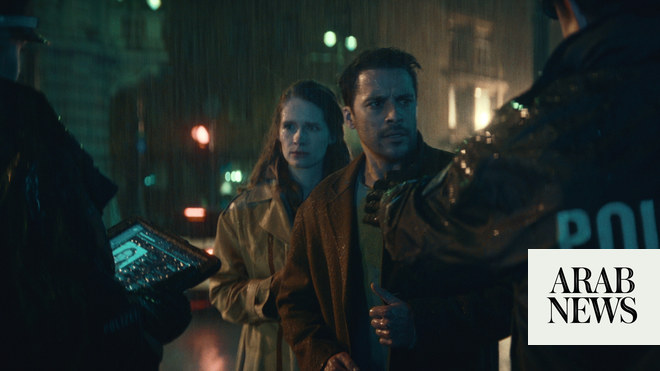
For years, it seemed that the greatest film ever to come from Frank Herbert’s quasi-biblical 1960s sci-fi novel Dune would be a 2013 documentary about the failure to make a great film out of Herbert’s novel. In Jodorowsky’s Dune, director Frank Pavich documented the Chilean-French maverick’s unhinged (and ultimately abortive) effort to mount a screen adaptation with a projected 14-hour running time, featuring a starring role for Salvador Dalí and a burning giraffe. Really.
Crucially, Pavich’s engrossing doc suggested that although Jodorowsky’s film never actually existed, it still cast a long creative shadow, with the pre-production work of the French graphic novelist Moebius and Swiss artist HR Giger influencing Star Wars, Alien and pretty much all subsequent screen sci-fi, a claim that cannot be made about David Lynch’s finished but fatally flawed 1984 version.
Now, the French-Canadian director Denis Villeneuve, whose impressive genre CV includes Arrival and Blade Runner 2049, has made a bold stab at proving that Herbert’s book may not be unfilmable after all. Opening with the words “Part One” and closing with a declaration that “this is just the beginning”, Villeneuve’s Dune sensibly tackles only one manageable section of the story, avoiding the baffling narrative compressions and ellipses that blighted Lynch’s version, while reining in the extravagant excesses that thwarted Jodorowsky before he’d even started.
Timothée Chalamet does his usual whey-faced Edward Scissorhands impression as Paul Atreides, beset by dreams of Fremen girl Chani (Zendaya) on the planet Arrakis, also known as Dune. Here, the houses of Atreides and Harkonnen vie for control of the “spice” trade, a magical dust viewed by the desert-dwelling Fremen as “the sacred hallucinogen that prolongs life” but harvested by off-worlders as the highly prized (and thus highly priced) key to navigating interstellar travel.
Villeneuve and co-writers Jon Spaihts and Eric Roth conjure clear plot lines that accent the contemporary colonial parallels; this is a tale in which wealthy overlords battle over mineral resources in a vast sandy region that they find hostile and dangerous yet irresistibly profitable. There’s an almost comedic element to early scenes of Duke Leto Atreides (Oscar Isaac) arriving on Arrakis, heralded by the blaring of bagpipes. Meanwhile, Charlotte Rampling shrouds her admirably straight face behind sinister black lace as Reverend Mother Mohiam, attempting to divine whether Paul is actually the prophesied one (“I hope you live,” she says dismissively), while Rebecca Ferguson steals the show as Lady Jessica, torn between her desire to protect her son and the mysterious legacy of the Bene Gesserit sisterhood.
So much of Herbert’s novel has become part of the fabric of popular science fiction that at times Villeneuve’s film may seem deceptively derivative. Whether it’s the samurai-style swordplay and inner voices of Star Wars or the Matrix-like question of Paul’s foretold divinity, many riffs can feel familiar. What makes them new is Villeneuve’s astonishing visual sensibility. From ornithopters that flit like dragonflies to vast spaceships that glint in the mist, these are the kind of sights that Roy Batty rhapsodised about in his dying moments in Blade Runner.
Yes, there are explosive action sequences and a booming Hans Zimmer score, but there are also low-key moments that reminded me of the mournful air of Jacques-Louis David’s 18th-century painting The Death of Marat. As for the giant sandworms that splash through deserts like eels through water, they are no longer silly but instead spectacular, with credit to visual effects supervisor Paul Lambert and his team.
Of course Lynch’s Dune contained its fair share of unforgettable sights too, from a steamy Sting posing with wings on his nethers to Kenneth McMillan’s pustular Baron Harkonnen floating absurdly through the incoherent madness of the movie. Villeneuve’s altogether better behaved version (for better or worse) dials down the crazy, with Stellan Skarsgård’s baron favouring the bald-head-stroking of Brando’s Colonel Kurtz, and even getting a haunting Apocalypse Now face-surfacing-through-watery-slime moment.
“Dreams make good stories,” says Jason Momoa’s Duncan Idaho, “but everything important happens when we’re awake.” That’s a line that strikes a chord in a film that, for all its unearthly vistas, still manages to make a surprising amount of sense. Whether that can be sustained remains to be seen – there are still mountainous narrative hurdles ahead – but right now, Villeneuve is riding the sinewy worm of Herbert’s sacred text with aplomb.












